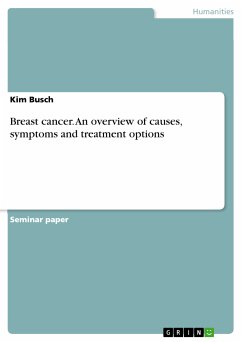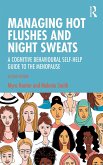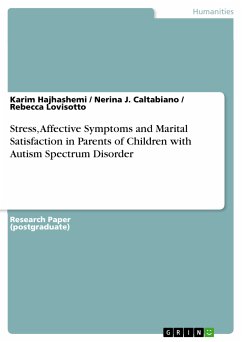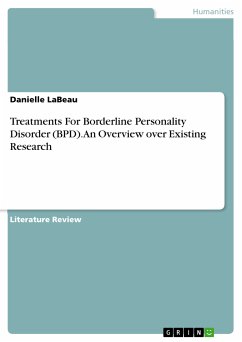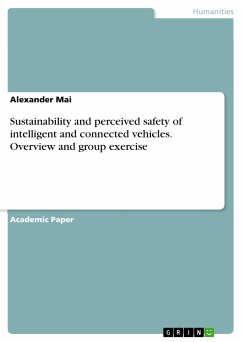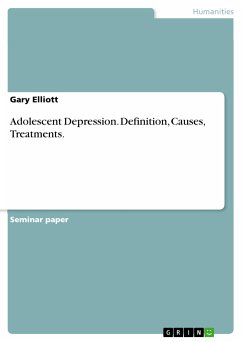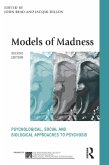Seminar paper from the year 2008 in the subject Psychology - Clinic and Health Psychology, Abnormal Psychology, grade: 1,3, University of Flensburg (Institut für Psychologie Abt. Gesundheitspsychologie und Gesundheitsbildung), language: English, abstract: Unfortunately, breast cancer is a long-silenced "taboo subject". Everyone knows about the disease, but most people turn a blind eye to it. For example, a woman who has had her breast amputated may be considered unaesthetic or no longer a woman at all. Even affected women often no longer feel feminine. It is therefore necessary for affected women to come out in the open and show their fellow men that they are still fully-fledged women even with only one breast or none at all, and that they have also beaten the battle against cancer. In the following paper I will deal with the topic of breast cancer and show that as a woman, but also as a man, one should deal with the disease. At the beginning, I would like to explain the structure of the breast, because in my opinion, knowledge about the structure can be beneficial for self-examination. In addition, the word "tumour" should be taken up and explained, because not every tumour means cancer. Then I would like to talk specifically about breast cancer and give a description of it. In addition, some of the risk factors that are thought to increase the risk of cancer will be discussed. Unfortunately, this point is still very controversial in science because there is too little epidemiological evidence. Finally, I will make an excursion into preventive examinations and self-monitoring and thus appeal for the importance of taking these preventive measures. This is the only way to detect the disease at an early stage and hopefully defeat it.
Dieser Download kann aus rechtlichen Gründen nur mit Rechnungsadresse in A, B, BG, CY, CZ, D, DK, EW, E, FIN, F, GR, HR, H, IRL, I, LT, L, LR, M, NL, PL, P, R, S, SLO, SK ausgeliefert werden.

